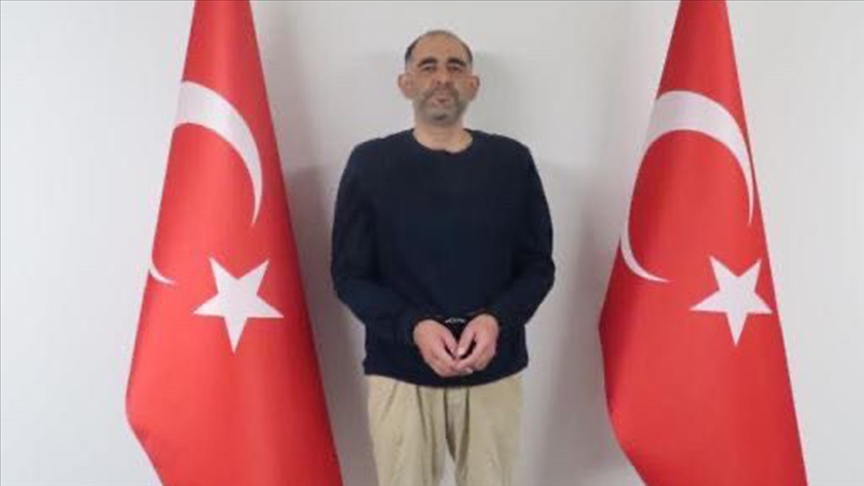A Turkish businessman who was abducted and illegally brought to Turkey from Azerbaijan by the National Intelligence Organization (MİT) has been arrested on terrorism charges due to his use of the ByLock smart phone application, the state-run Anadolu news agency reported.
Uğur Demirok, 42, who went missing in Azerbaijan on Sept. 6, turned out to be in police custody in Turkey when his photos were made public on Saturday.
He was sought on terrorism charges for membership in the Gülen movement, a faith-based group accused by Ankara of orchestrating a failed 2016 coup and designated as a terrorist organization. The movement strongly denies involvement in the coup attempt or any terrorist activity.
The businessman appeared before a court in İstanbul on Tuesday which ruled for his arrest on charges of terrorist organization membership due to his use of ByLock.
Demirok’s lawyer, Bilal Kolbüken, said there was no investigation into his client in Turkey when he left Turkey following the coup attempt in 2016.
Demirok had been working in the medical equipment business in Baku for the past seven years.
ByLock, once widely available online, has been considered a secret tool of communication among supporters of the Gülen movement since the coup attempt, despite the lack of any evidence that ByLock messages were related to the abortive putsch.
Demirok’s arrest came despite a ruling from the European Court of Human Rights (ECtHR) that found the use of ByLock not to constitute a criminal offense. The ECtHR ruled in July 2021 in the case of former police officer Tekin Akgün that the use of the ByLock application is not an offense in itself and does not constitute sufficient evidence for an arrest. The Strasbourg court’s ruling came as a source of hope for thousands of people who were arrested or sentenced on terrorism charges based mainly on a MİT report that detailed users of ByLock. However, detentions and arrests based on ByLock use continued unabated in Turkey.
During the 1980s and ’90s, many people “disappeared” in Turkey’s predominantly Kurdish areas. The practice had been long gone until it reappeared in the wake of an attempted coup against Turkish President Recep Tayyip Erdoğan that claimed the lives of 251 people on July 15, 2016.
Dozens of enforced disappearances have been reported in Turkey since the abortive putsch, with more than 20 of the victims reporting, after they were found, that they were subjected to torture during the time they were “missing.”



